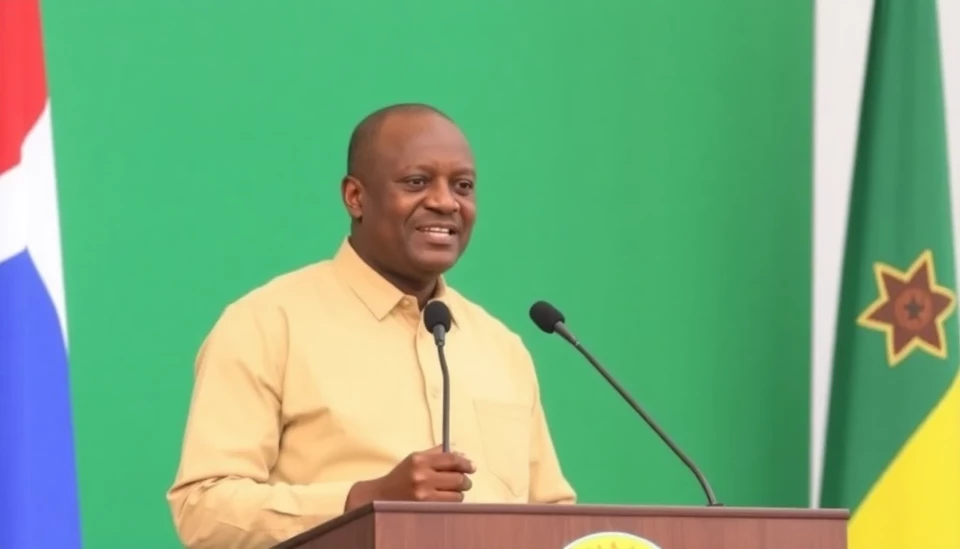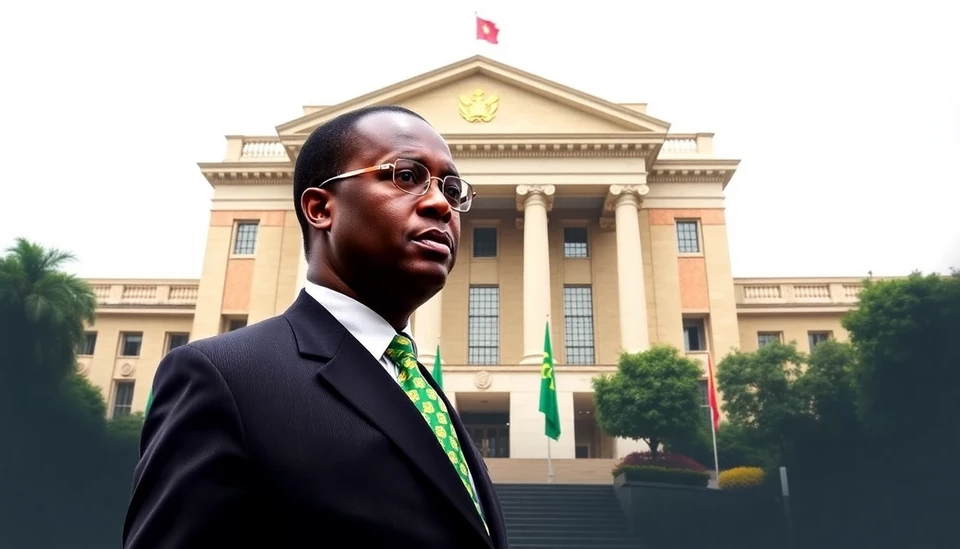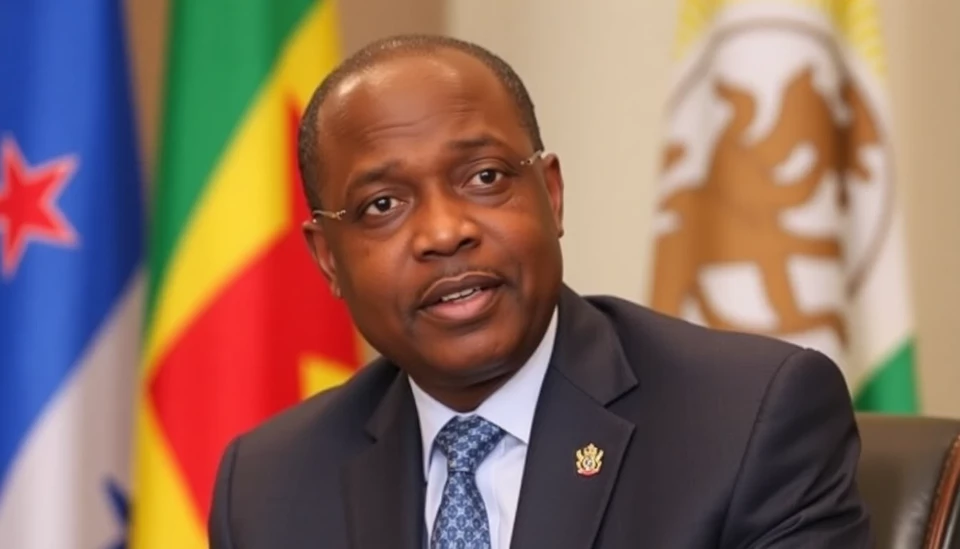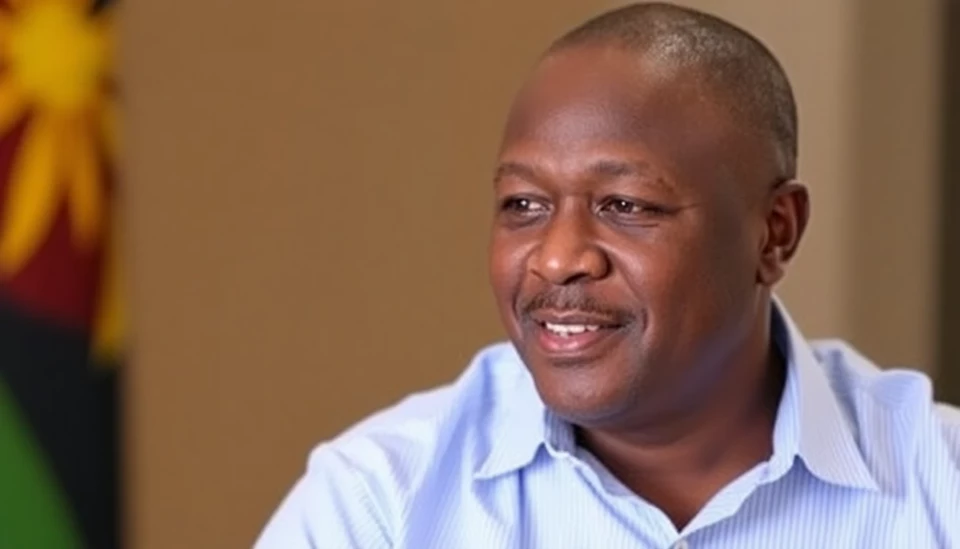
In a strategic move to address the burgeoning costs associated with governmental operations, Ghanaian President John Dramani Mahama has announced the elimination of seven ministries from his cabinet. This significant restructuring is aimed at optimizing resources and improving the efficiency of the public sector amidst an increasingly challenging economic landscape.
The decision comes in response to growing economic pressures and the need for fiscal discipline. By streamlining the government structure, President Mahama aims to reduce operational costs while still delivering essential services to the citizens of Ghana. The ministries being cut represent a variety of functions across the public administration, indicating a comprehensive approach to reducing redundancy and potential overlaps in responsibilities.
President Mahama's administration has been under scrutiny for its management of the economy, especially in light of rising inflation rates and public debt levels. The announcement is expected to resonate positively among constituents who have voiced concerns over mismanagement and the need for thoughtful resource allocation. Analysts anticipate that such measures may not only lead to immediate savings but could also restore public confidence in governance during these tumultuous times.
In addition to the elimination of these ministries, the President has emphasized a commitment to finding innovative solutions that enhance government responsiveness to the needs of the people. This will include initiatives to engage more effectively with citizens and stakeholders to ensure that crucial services are maintained despite the impending cuts.
The restructuring is also likely to provoke debate among political commentators and the public. While many will welcome the move as a necessary step towards fiscal prudence, others may question the impacts that such cuts could have on service delivery in critical areas. Critics will emphasize the importance of maintaining well-funded and staffed ministries, particularly in sectors vital for economic growth and public welfare.
As Ghana moves forward with this ambitious plan, observers will be closely monitoring the implications for governance and economic stability within the nation. The government's ability to transparently manage these transitions will be crucial in mitigating public concern and ensuring that essential services continue to meet the demands of the population.
In summary, President Mahama’s decision to cut seven government ministries underscores a pivotal moment in Ghana's approach to fiscal management and resource allocation. Time will reveal the full impact of this bold initiative, both financially and socially.
#Ghana #Mahama #GovernmentReforms #BudgetCuts #EconomicStability #PublicSector #GhanaPolitics
Author: Laura Mitchell




